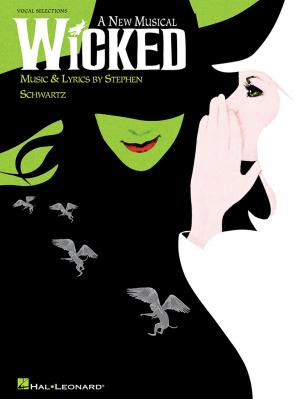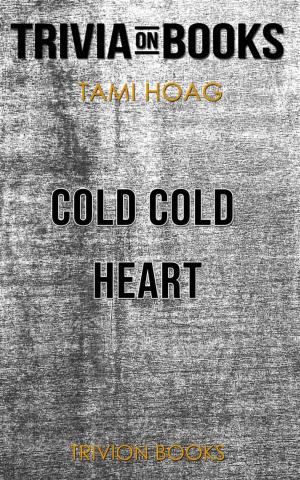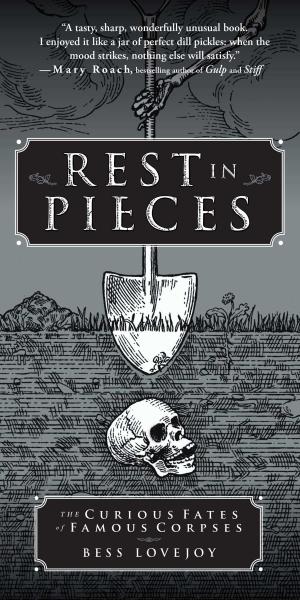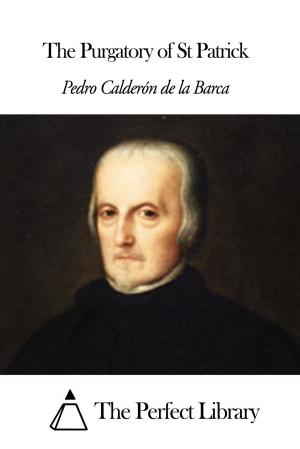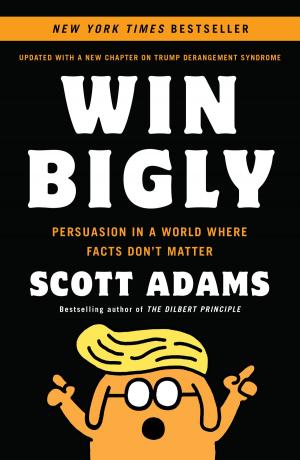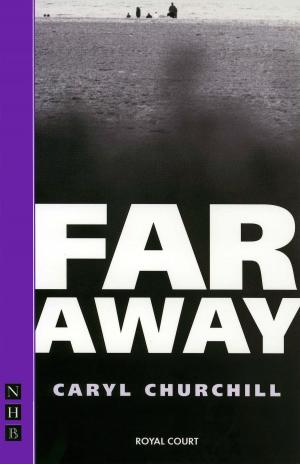| Author: | Eddie Kurtz | ISBN: | 9781466075856 |
| Publisher: | Eddie Kurtz | Publication: | November 11, 2011 |
| Imprint: | Smashwords Edition | Language: | English |
| Author: | Eddie Kurtz |
| ISBN: | 9781466075856 |
| Publisher: | Eddie Kurtz |
| Publication: | November 11, 2011 |
| Imprint: | Smashwords Edition |
| Language: | English |
A pretty, vivacious history teacher at a small Illinois college, Ann Olivier, is stuck in a professional and personal rut. Prompted by the reaction his name and reputation gets between the male and female students in her 18th century history class, she decides to get herself out of her doldrums and write a biography of the famous writer, bon vivant and seducer of women, CASANOVA, from the female, feminist POV. Unknown and untested in the literary world, she gets some good luck when her agent finds initial interest in the project from a young, aggressive firm headed by a handsome, dashing publisher, Charles Moon, who decides to take a literary gamble on her. As Ann takes on the task of actually writing the biography, she lives through some of the famous episodes in Casanova’s life in her imagination, her dreams, and eventually her own life.
Soon her imagination, her dreams, her fantasies of love and romance, her career ambitions, and her compelling but confusing passion for her publisher become mixed up and messed up. She becomes more and more of an active participant in her historic and romantic fantasies, while also trying to render a judgment on Casanova, his life, and his attitude toward women, love, and emotional commitment. Then Casanova himself begins actually appearing in her life. He argues with her. He flirts with and charms her, and tries to win his place in history through her. Finally, in a rare blend of odd bedfellows, he becomes her friend and guide in understanding and dealing with the men in her life.
Her relationship with Charles is another emotional and professional roller coaster that she just can’t get to neatly fit into place. She fluctuates between wild sexual attraction, the likes of which she’s never known, and mostly unsuccessful attempts to keep a professional distance between them. A major problem is that Charles is himself a modern Casanova, with a litany of women in his life, and a string of broken relationships and marriages. But he thinks he sees something different in Ann and he finds himself falling in love with her. As the book is being written, Ann meanders in and out of her writing, her imagination, her emotional labyrinths, her fantasies about men, her love/hate relationship with her biography subject, Casanova, and her own conflicted relationships. Through all the fits and starts of Ann’s professional and personal travails, the book is completed and eventually published. Beyond anyone’s expectations, it hits a nerve in the national debate about changing gender roles and becomes a hot best seller. In a flash, Ann is pushed from obscurity into the role of a national lightning rod around gender issues and a pioneering advocate for new roles for men and women today. She proves to be the strong, confident woman she always hoped she was, and handles it all with grace, charm, wit and poise.
In the climatic moment of the final scene both Ann and Charles do the right and the courageous thing, and the girl finally gets the guy as he picks her up like all the romance novels that Ann always read as a young girl said it would happen. All comes together for a hopeful ending for Ann, Charles, and Casanova.
A pretty, vivacious history teacher at a small Illinois college, Ann Olivier, is stuck in a professional and personal rut. Prompted by the reaction his name and reputation gets between the male and female students in her 18th century history class, she decides to get herself out of her doldrums and write a biography of the famous writer, bon vivant and seducer of women, CASANOVA, from the female, feminist POV. Unknown and untested in the literary world, she gets some good luck when her agent finds initial interest in the project from a young, aggressive firm headed by a handsome, dashing publisher, Charles Moon, who decides to take a literary gamble on her. As Ann takes on the task of actually writing the biography, she lives through some of the famous episodes in Casanova’s life in her imagination, her dreams, and eventually her own life.
Soon her imagination, her dreams, her fantasies of love and romance, her career ambitions, and her compelling but confusing passion for her publisher become mixed up and messed up. She becomes more and more of an active participant in her historic and romantic fantasies, while also trying to render a judgment on Casanova, his life, and his attitude toward women, love, and emotional commitment. Then Casanova himself begins actually appearing in her life. He argues with her. He flirts with and charms her, and tries to win his place in history through her. Finally, in a rare blend of odd bedfellows, he becomes her friend and guide in understanding and dealing with the men in her life.
Her relationship with Charles is another emotional and professional roller coaster that she just can’t get to neatly fit into place. She fluctuates between wild sexual attraction, the likes of which she’s never known, and mostly unsuccessful attempts to keep a professional distance between them. A major problem is that Charles is himself a modern Casanova, with a litany of women in his life, and a string of broken relationships and marriages. But he thinks he sees something different in Ann and he finds himself falling in love with her. As the book is being written, Ann meanders in and out of her writing, her imagination, her emotional labyrinths, her fantasies about men, her love/hate relationship with her biography subject, Casanova, and her own conflicted relationships. Through all the fits and starts of Ann’s professional and personal travails, the book is completed and eventually published. Beyond anyone’s expectations, it hits a nerve in the national debate about changing gender roles and becomes a hot best seller. In a flash, Ann is pushed from obscurity into the role of a national lightning rod around gender issues and a pioneering advocate for new roles for men and women today. She proves to be the strong, confident woman she always hoped she was, and handles it all with grace, charm, wit and poise.
In the climatic moment of the final scene both Ann and Charles do the right and the courageous thing, and the girl finally gets the guy as he picks her up like all the romance novels that Ann always read as a young girl said it would happen. All comes together for a hopeful ending for Ann, Charles, and Casanova.


